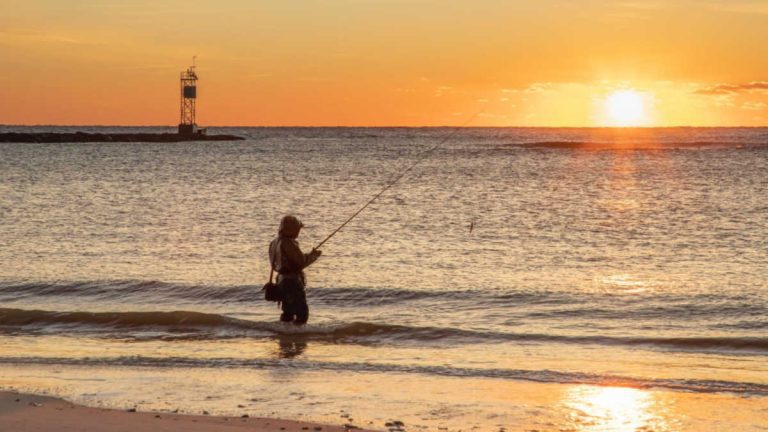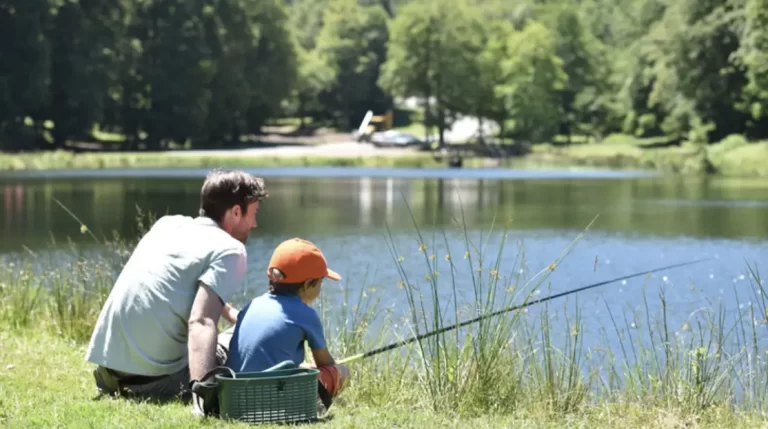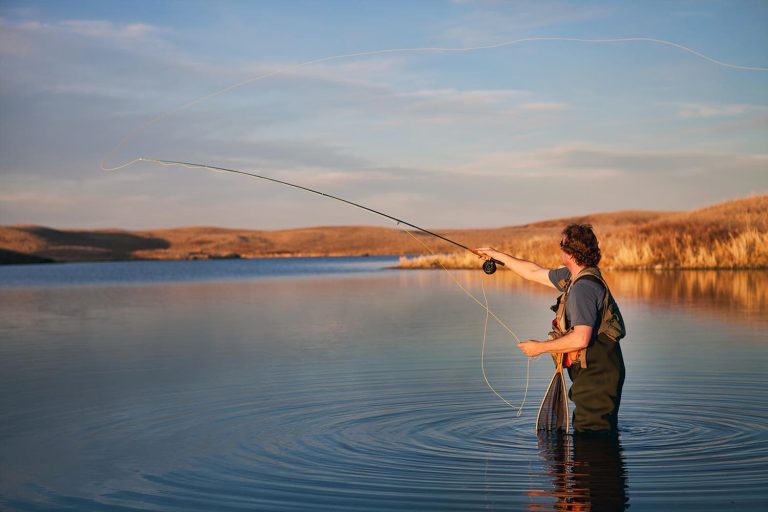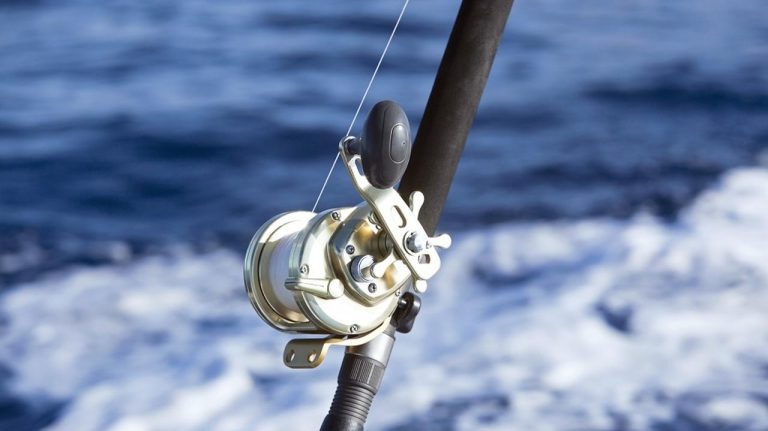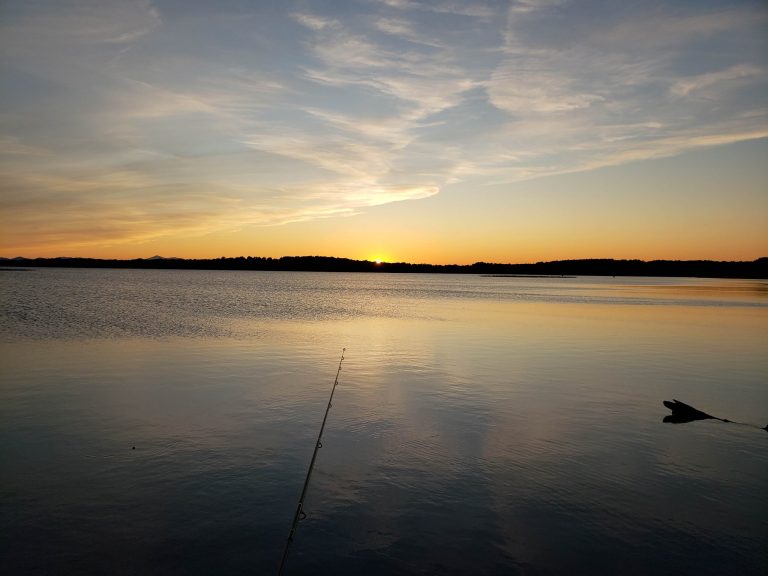Fishing in Vermont’s pristine lakes, rivers, and streams is a beloved pastime for both locals and visitors. Before you cast your line, it’s crucial to understand the state’s fishing licenses and regulations. This comprehensive guide will cover everything you need to know about fishing licenses in Vermont for 2024.
Vermont Fishing License Fees for 2024
Vermont offers several types of fishing licenses to cater to different angler needs:
| License Type | Resident Fee | Non-Resident Fee |
|---|---|---|
| Annual | $28 | $54 |
| 1-Day | $13 | $21 |
| 3-Day | $18 | $23 |
| 7-Day | $33 | $39 |
| Youth (under 15) | Free | Free |
| Permanent (age 66+) | $60 | N/A |
Types of Vermont Fishing Licenses
- Resident Annual License: For Vermont residents aged 15 and older. Valid for one year from the date of purchase.
- Non-Resident Annual License: For non-residents aged 15 and older. Valid for one year from the date of purchase.
- Youth License: For both residents and non-residents under 15 years old. Youth licenses are free but required.
- Short-Term Licenses: Available for both residents and non-residents, these licenses are valid for 1, 3, or 7 consecutive days.
- Permanent License: Available for Vermont residents aged 66 and older or those with a disability. This is a one-time purchase that provides lifetime fishing privileges.
How to Get a Fishing License in Vermont
Obtaining a fishing license in Vermont is a straightforward process with multiple options:
- Online: Visit the Vermont Fish & Wildlife Department website to purchase your license online. You’ll receive a printable license immediately.
- In-Person: Licenses are available at authorized license agents throughout the state, including sporting goods stores, bait and tackle shops, and some town clerks’ offices. Find a nearby agent using the Vermont Fish & Wildlife Department’s license agent locator.
- By Phone: Call the Vermont Fish & Wildlife Department at 802-828-1190 to purchase your license over the phone.
When purchasing your license, be prepared to provide personal information such as your name, address, date of birth, and driver’s license or state ID number.
Fishing Regulations in Vermont
To ensure sustainable fish populations and fair access for all anglers, Vermont enforces various fishing regulations:
Seasons and Limits
Fishing seasons and catch limits vary by species and waterbody. Consult the Vermont Fishing Regulations Guide for detailed information on open seasons, daily bag limits, and length restrictions for each fish species.
Bait and Tackle Restrictions
Some waters have specific bait and tackle restrictions to protect fish populations. For example, only artificial lures and flies may be used in certain trout streams. Check the regulations guide for bait and tackle rules for your target fishing spot.
Catch and Release
Vermont encourages catch and release fishing to maintain healthy fish populations. When releasing fish, handle them gently with wet hands, remove hooks quickly, and avoid touching their gills or eyes. If a fish is deeply hooked, cut the line close to the hook and release the fish with the hook in place.
Invasive Species Prevention
To prevent the spread of invasive species like zebra mussels and Eurasian watermilfoil, Vermont law requires anglers to clean, drain, and dry their boats, trailers, and fishing equipment before moving between waterbodies. Dispose of unwanted bait in the trash, not in the water.
Penalties for Fishing Without a License in Vermont
Fishing without a valid license or violating Vermont’s fishing regulations can result in fines and legal consequences. Penalties may include:
- Fines ranging from $100 to $1,000, depending on the violation
- Revocation of fishing privileges for a specified period or permanently
- Confiscation of fishing equipment and catch
- Requirement to attend a wildlife education course
- Possible jail time for repeat or severe offenses
To avoid penalties and preserve Vermont’s fishing resources for future generations, always obtain the proper licenses and follow all regulations.
Conservation Efforts Supported by Fishing License Fees
Fishing license fees help fund Vermont’s conservation efforts such as improving fish habitat, increasing public access for fishing and boating, enhancing water quality, and educating new anglers. A portion of the fees also supports the management of the state’s fisheries through activities like fish stocking, creel surveys, and habitat restoration.
Conclusion
In summary, for Vermont residents in 2024, an annual fishing license is $28, while non-residents have more short-term options ranging from $13 for a 1-day license up to $54 for an annual license. The license fees directly contribute to conserving Vermont’s lakes, rivers, and fish populations for future generations. Always ensure you have the correct license and follow all regulations to enjoy a responsible and rewarding fishing experience in Vermont.
For more detailed information and to purchase your fishing license, visit the Vermont Fish & Wildlife Department’s official website.
